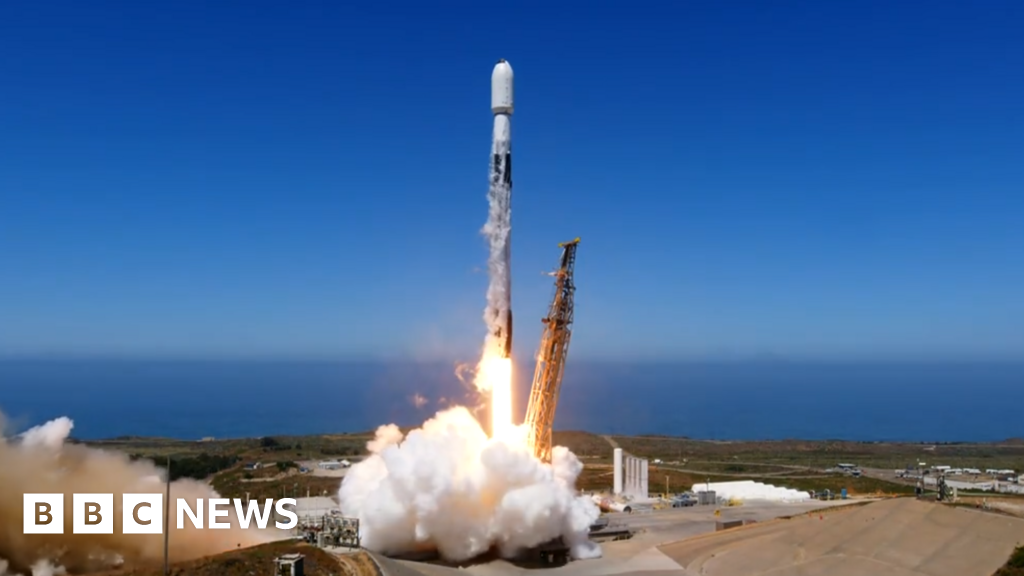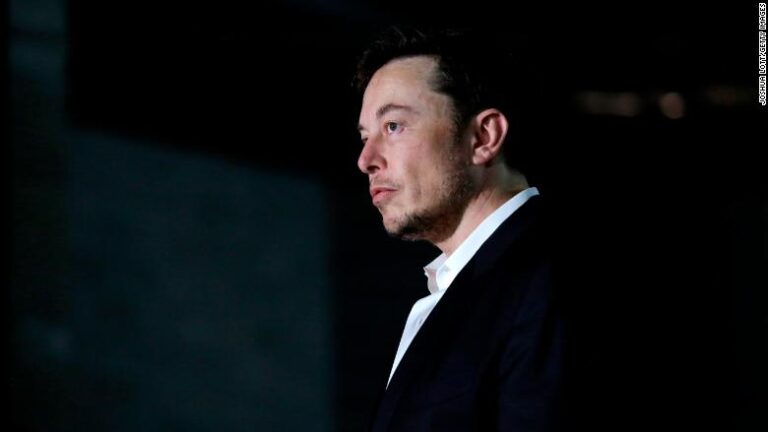One by one, the satellites – each of them encrusted with a hodge-podge of solar panels and other gizmos – detached from their mothership. They had blasted off from Earth just an hour earlier, on 16 August. The 116 satellites onboard the launch vehicle were mostly designed and built by Western nations and businesses – but one of them was different. It was the first such spacecraft ever developed by the African country of Senegal.
A small CubeSat called GaindeSAT-1A, it will provide earth observation and telecommunications services. Senegal’s president called it a big step towards “technological sovereignty”.
The cost of launching a satellite has fallen significantly in recent years, says Kwaku Sumah, founder and managing director at Spacehubs Africa, a space consultancy.
“It’s important for African countries to have their own satellites,” says Mr Sumah. He argues that it means better control over the technology and easier access to satellite data.
To date, a total of 17 African countries have put more than 60 satellites into orbit and, along with Senegal, both Djibouti and Zimbabwe have also watched their first satellites become operational during the past 12 months. Dozens more African satellites are expected to go into orbit in the coming years.
Currently, many African nations with young space programmes are dependent on foreign technology and experts, says Temidayo Oniosun, managing director of Space in Africa, a market research and consulting company.
Senegal’s new satellite was built by Senegalese technicians. While not wanting to detract from their significant achievement, it is worth noting that development of the satellite was made possible through a partnership with a French university, and that the spacecraft was launched on a SpaceX Falcon 9 rocket from California.
Europe, China and the US have all involved themselves in numerous African space programmes. This has helped boost African technology into orbit, for sure, but it has also served as a “critical diplomatic tool”, says Mr Oniosun. It makes him “a little worried”, he admits.
Ultimately, we can expect to see rising activity in space from African nations. “We’ve got close to 80 satellites that are currently in development,” says Mr Oniosun, “I think the future of the industry is very bright.”
Source link




